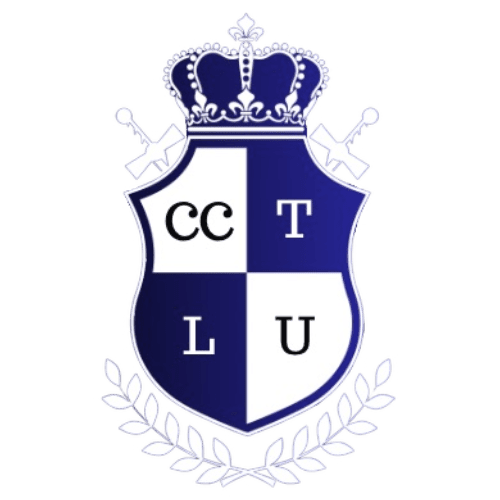Basic Christian Chaplaincy Certificate with a Specialization in Cybersecurity Risk & Reputation Mgmt
Program Description
This certificate program serves as the official introductory certification into the Basic Chaplaincy Program, offering foundational training for individuals called to provide spiritual care, crisis support, and faith-based service within diverse environments.
Uniquely designed for the modern landscape, this program includes a specialized concentration in Christian Cybersecurity Risk & Reputation Management, preparing emerging chaplains to serve effectively in digital, organizational, and high-risk information environments.
Participants will gain the essential competencies of chaplaincy—pastoral presence, crisis intervention, spiritual assessment, and ethical care—while also developing the ability to:
- Understand the spiritual and operational impact of cyber threats
- Support individuals and organizations experiencing digital crises
- Provide faith-informed guidance on personal and organizational online integrity
- Address reputation risks, misinformation, and digital harassment from a pastoral perspective
- Integrate Christian ethics and scriptural principles into modern cybersecurity culture
This certification establishes a strong foundation for further chaplaincy training while equipping students with relevant, mission-driven tools to serve ethically, prophetically, and intelligently in a digitally-driven world.

